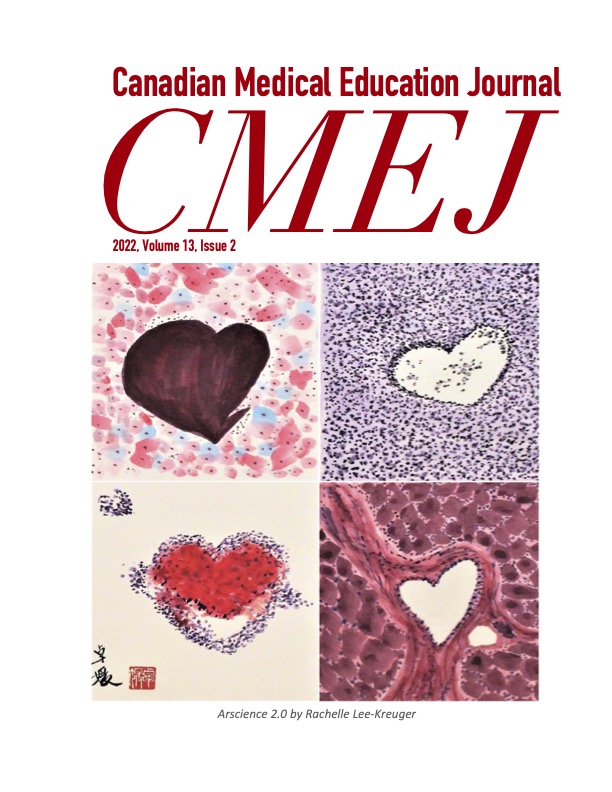A co-designed curriculum for cultural safety training of Colombian health professionals: sequential-consensual qualitative study
DOI:
https://doi.org/10.36834/cmej.72675Abstract
Background: Although traditional and cultural health practices are widely used in Colombia, physicians are not trained to address intercultural tensions that arise in clinical practice. Cultural safety encourages practitioners to examine how their own culture shapes their clinical practice and to respect their patients’ culture. It requires inviting patients of non-dominant cultures to co-design culturally safe health care. We co-designed a curriculum for cultural safety training of Colombian health professionals.
Methods: A sequential-consensual qualitative study defined the learning objectives of the curriculum. Semi-structured questionnaires and focus groups explored the opinions of traditional medicine users, medical students, and intercultural health experts to inform the content of the curriculum. Deliberative dialogue between key intercultural health experts settled the academic content of the curriculum. A member-checking strategy modified and approved the final version.
Results: Seven traditional medicine users, six medical students, and four intercultural health experts participated in the study. The stakeholders defined five learning objectives: (a) culturally unsafe practices: acknowledge the intercultural tensions and its consequences; (b) cultural awareness: examine their attitudes, beliefs, and values, and how they shape their professional practice; (c) cultural humility: listen and learn from the patients’ traditional practices; (d) cultural competence: describe current pedagogical approaches to address intercultural tensions; and (e) cultural safety: discuss with patients to reach an agreement on their treatment.
Conclusion: This study integrated the perspectives of different stakeholders and proposed new applications of cultural safety that are relevant to other countries. Researchers and educators can use these results to inform future cultural safety initiatives.
Downloads
Downloads
Published
How to Cite
Issue
Section
License
Copyright (c) 2019 Dr. Juan Pimentel, Camila Kairuz, Lilia Suárez, Andrés Cañón, Andrés Isaza, Germán Zuluaga, Anne Cockcroft, Neil Andersson

This work is licensed under a Creative Commons Attribution-NonCommercial-NoDerivatives 4.0 International License.
Submission of an original manuscript to the Canadian Medical Education Journal will be taken to mean that it represents original work not previously published, that it is not being considered elsewhere for publication. If accepted for publication, it will be published online and it will not be published elsewhere in the same form, for commercial purposes, in any language, without the consent of the publisher.
Authors who publish in the Canadian Medical Education Journal agree to release their articles under the Creative Commons Attribution-Noncommercial-No Derivative Works 4.0 Canada Licence. This licence allows anyone to copy and distribute the article for non-commercial purposes provided that appropriate attribution is given. For details of the rights an author grants users of their work, please see the licence summary and the full licence.











